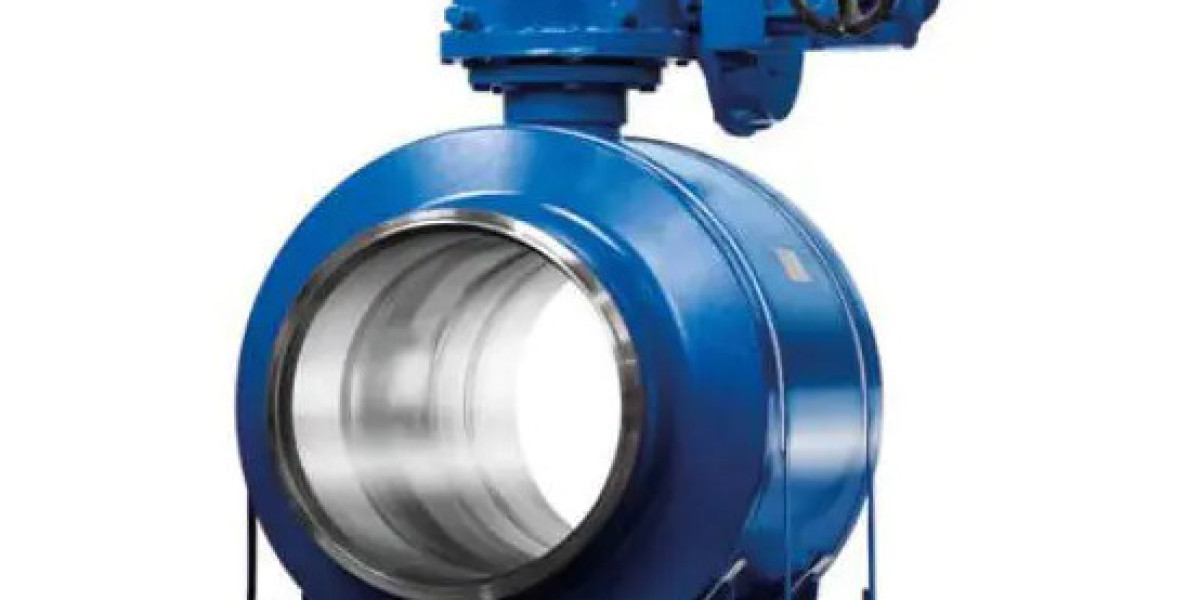Expanding gate valves are specialized valves designed to improve sealing and flow control in pipelines. Their unique gate mechanism expands when the valve closes, filling the space between the gate and valve body. This expansion ensures a tight seal, which is useful for preventing leaks in systems transporting challenging fluids such as slurries, chemicals, and water with suspended solids.
These valves are valued for their durability and reliability in environments where standard gate valves may fail. The expanding gate can handle both low and high-pressure conditions while maintaining consistent performance. This makes them suitable for chemical processing, wastewater management, and mining operations where abrasive or corrosive fluids are present.
Installation and maintenance are important factors for expanding gate valves. Correct alignment during installation ensures that the gate expands evenly. Operators should monitor actuator or handwheel torque to maintain uniform pressure. Routine checks of the gate surface and seating area help prevent wear-related issues and maintain long-term valve performance.
Material choices for expanding gate valves vary depending on application requirements. Stainless steel, carbon steel, and alloy constructions are commonly used to resist corrosion, abrasion, and high temperatures. The valve design often accommodates flanged or welded connections, providing flexibility in pipeline integration.
In industrial systems, expanding gate valves offer practical solutions for managing fluid flow. Their design reduces leakage risk, supports frequent operation, and provides reliable sealing in demanding environments. These characteristics make them a suitable choice for engineers and operators who require dependable valve performance across a variety of pipeline applications.
















